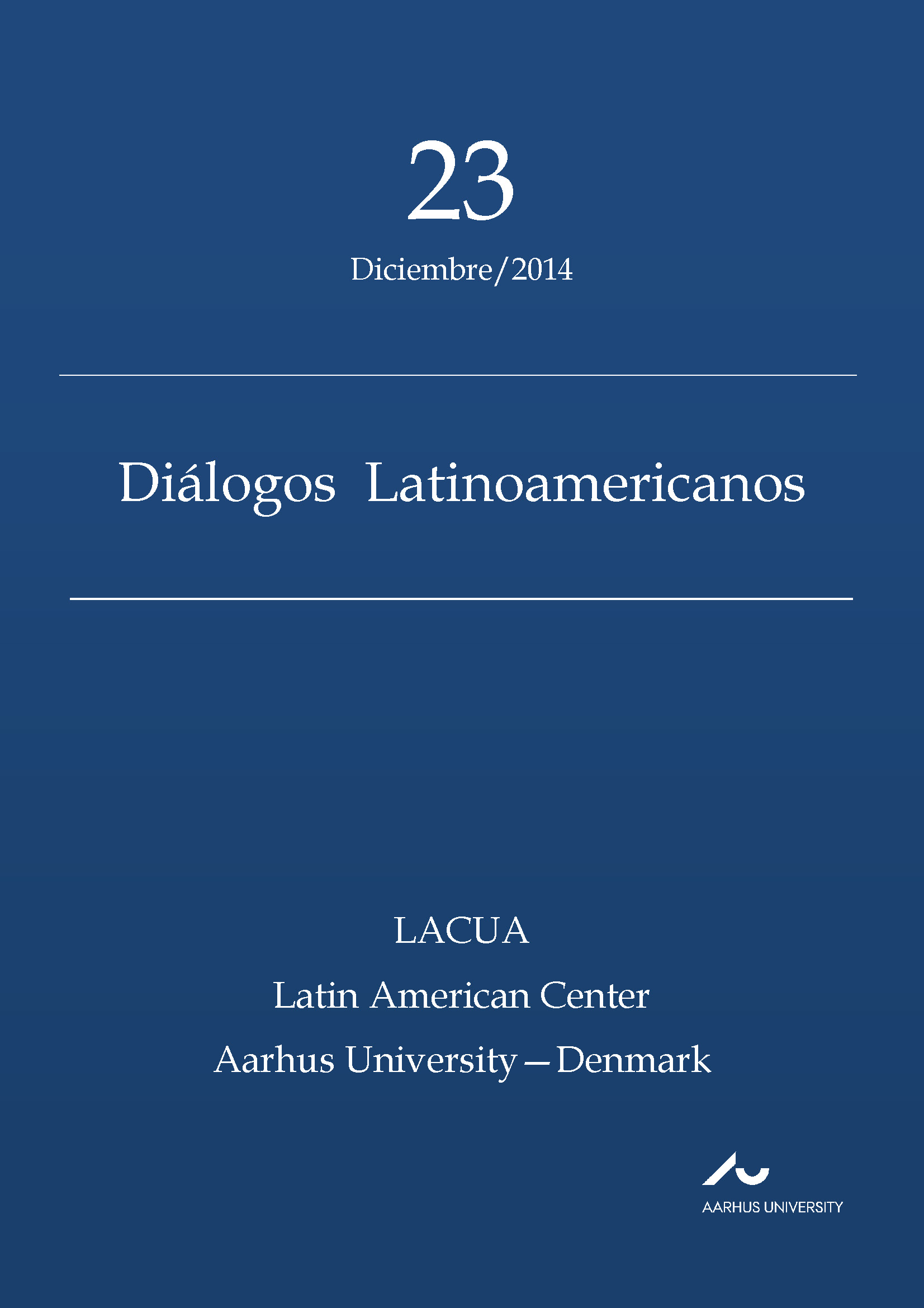Lo Kitsch en El Conejo más estúpido de este siglo
pieza dramática de Santiago Merchant.
DOI:
https://doi.org/10.7146/dl.v15i23.113121Keywords:
Kitsch, cinema, theater, drug trafficking, boredom, imitationAbstract
Written and directed by Santiago Merchant, The Stupidest Rabbit of This Century is a
dramatic work that reflects Colombian theatre in the 21st century. This play serves as a
paradigm of the historical and ideological transformation that Colombian society, and in
particular Colombian theatre, is undergoing. The notion of kitsch, as developed by Matei
Calinescu, exposes the irruption of modernity, but it also states certain cultural implications
because what is kitsch becomes symptomatic of the industrial, capitalist society that engulfs
us. Merchant treats the concept of kitsch as an intrinsic element in this play. The analysis
for this article, that uses dramatology as a methodology, shows the relationship between
form and content that together assemble a codified message, while proposing an interesting
social critique.
References
decadencia, kitsch, postmodernismo. Trad. Francisco Rodríguez Martín. 2ª
edición. Madrid. Tecnos.
Chejov, M., (2008) Sobre la técnica de la actuación. Trad. Antonio Fernández
Lera. 4ª edición. Barcelona. Alba.
Esslin, M., (1966) El teatro del absurdo. Trad. Manuel Herrero. Barcelona. Seix
Barral.
García Barrientos, J., (2007) Cómo se comenta una obra de teatro. 2ª edición.
Madrid. Síntesis.
Merchant, S., (2011) Hola Manuela, correo electrónico a M. Vera
(manue_vera@hotmail.com), 22 de septiembre 2011 [Acceso el día 22 de
septiembre de 2011].
Zuleta, E., (Sin año) El elogio de la dificultad. [documento WWW]. URL
http://www.elabedul.net/Documentos/Temas/Literatura/Elogio_de_la_dificultad
.pdf [Feha de consulta 8 de junio 2014
Downloads
Published
How to Cite
Issue
Section
License
Counting from volume 31 (2022), articles published in Diálogos Latinoamericanos are licensed under CC-BY 4.0. Read more about the license terms here https://creativecommons.org/licenses/by/4.0/.
No Creative Commons license applied on volumes 1-30. All rights reserved by the authors. Readers may download, read, and link to the articles, but they cannot republish the articles.
With the publication of volume 31 (2022), authors retain the full copyright to their articles and give Diálogos Latinoamericanos the right to the first publication. Authors also retain copyright to earlier versions of manuscripts, such as the submitted (pre-print) and the accepted manuscript (post-print).
Copyright to articles published in volumes 1-30 is held by the authors.





